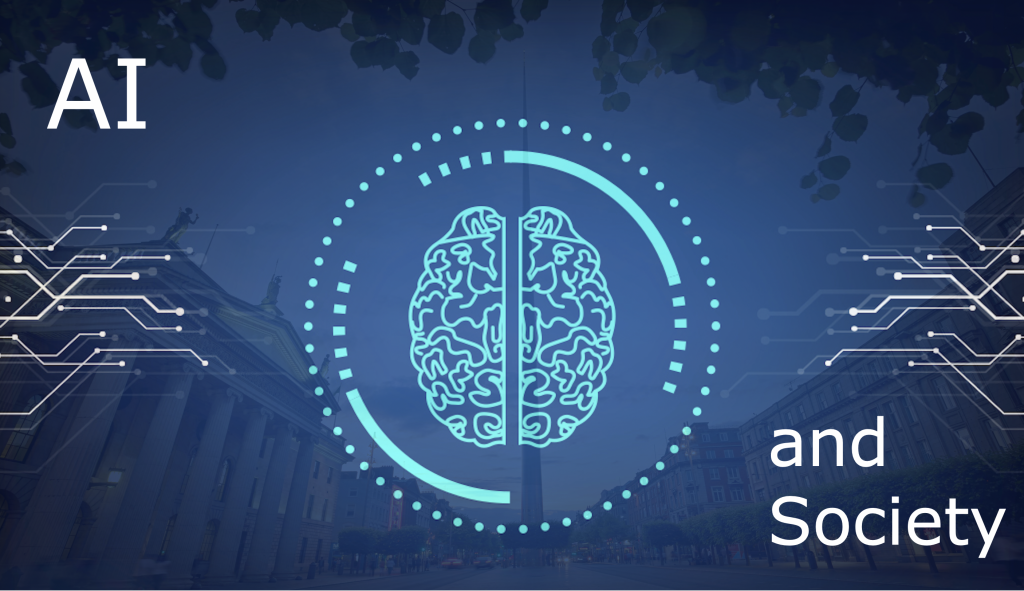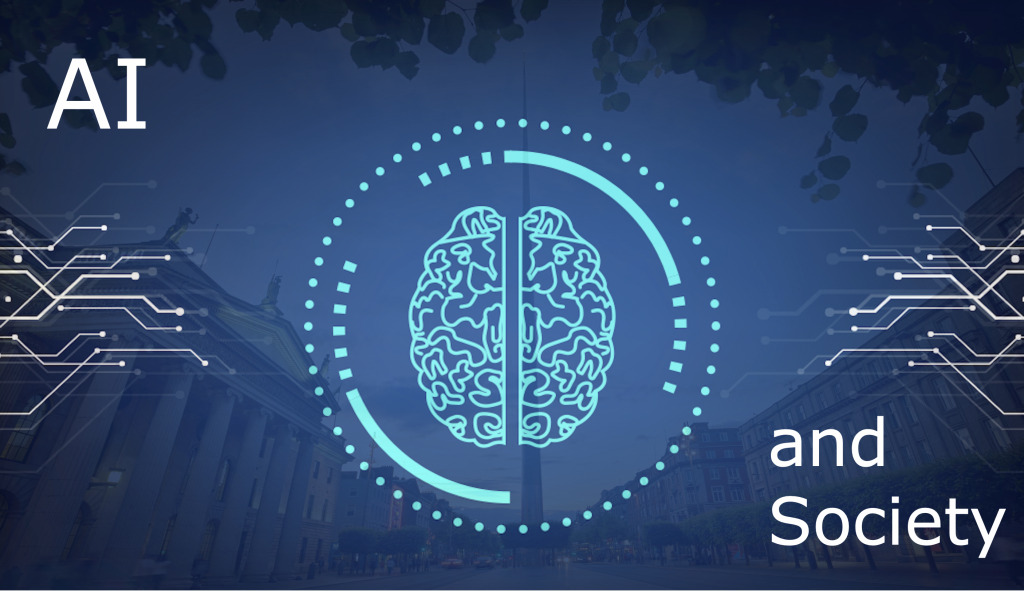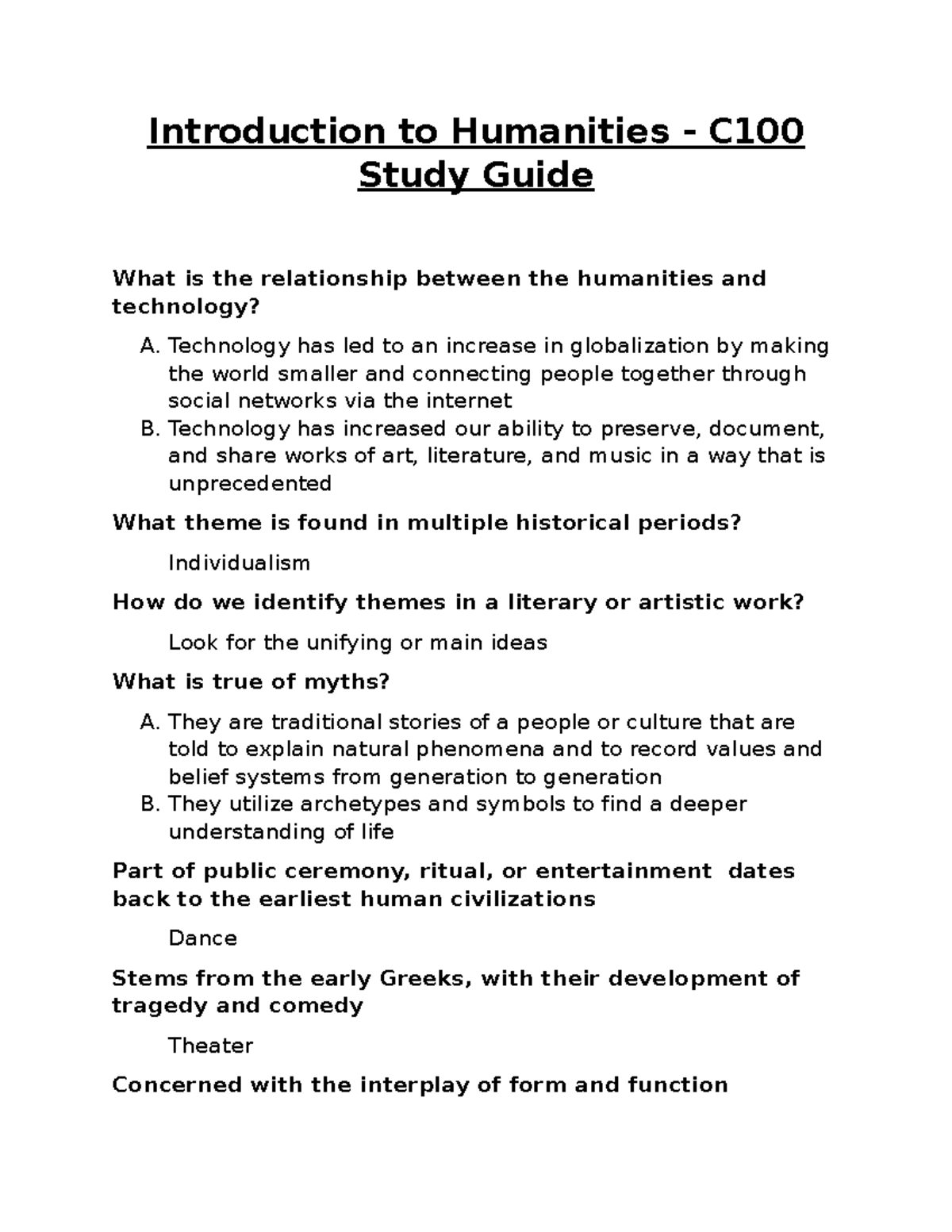AI and social justice are pivotal themes in today’s socio-technological landscape, especially when explored through the lens of thinkers like Ruha Benjamin. As we navigate the future of AI, Benjamin urges us to critically examine how these technologies reshape social justice movements, often magnifying existing inequalities rather than alleviating them. With the rapid advancement of humans and technology, ethical concerns surrounding AI become increasingly vital, compelling us to ask whether our technological progress is benefitting all segments of society. The ethics of AI are frequently overshadowed by corporate narratives that paint technological development as purely altruistic. It’s essential to engage in thoughtful discussions about AI to ensure it aligns not just with efficiency but also with a fairer, more equitable society.
The intersection of artificial intelligence and societal equity has become a pressing topic, drawing attention to the potential implications of these technologies on marginalized communities. Contemporary debates surrounding intelligent systems and ethical considerations are becoming intertwined with critical reflections on equity and justice in our tech-driven age. Scholars and activists alike are calling for a reimagining of the role technology plays in our lives, advocating for a more inclusive approach that considers the diverse human experiences influenced by these advancements. Such discussions resonate with the urgent need for increased awareness of how algorithms and automated decisions can perpetuate historical injustices, underscoring the vital link between innovation and ethical responsibility. By fostering a holistic understanding of technology’s role in society, we can strive for a future that upholds the values of fairness and community empowerment.
The Intersection of AI and Social Justice
Ruha Benjamin’s insights reveal a critical examination of the intersection between artificial intelligence and social justice movements. In her Tanner Lectures, she cautions against the naive belief that advancements in AI inherently lead to societal benefits. Instead, she highlights how these technologies can perpetuate existing inequalities, particularly when they’re designed without inclusivity in mind. As AI systems increasingly influence decision-making in various sectors, from healthcare to law enforcement, it becomes imperative to integrate a social justice framework that considers the ethical implications of these technologies.
Benjamin’s perspective challenges the dominant narrative that positions AI as a breakthrough solution to societal challenges. She argues that the voices of marginalized communities, who are often the most affected by algorithmic bias and misrepresentation, must be included in discussions about the ethics of AI. By prioritizing social justice, stakeholders can work towards developing technology that not only serves efficiency and profit but also promotes equity and human dignity, thereby helping to bridge the gap between technological advancement and its real-world impact.
Reimagining Our Future with AI
Benjamin stresses the need for a radical reimagining of our future in light of technological advancements. Rather than acquiescing to the dystopian visions echoed by tech elites, she urges society to envision a future that prioritizes creativity, community, and collective well-being. This entails moving beyond mere mitigation of harms caused by technology to actively designing systems that reflect our values and aspirations. Through the lens of social justice and ethical considerations, we can conceive of new frameworks that encourage collaboration and inclusiveness in tech development.
This call to imagination is more than a theoretical exercise; it is a practical necessity. Benjamin posits that universities and educational institutions have a pivotal role in fostering this environment of inquiry. By blending the arts and humanities with technical education, we can cultivate a generation of thinkers who are not only adept at developing technology but also critically aware of its societal impact. Such an interdisciplinary approach could yield innovative solutions that address pressing issues like poverty, racism, and environmental degradation, launching us toward a future where technology serves humanity holistically.
Ethical Considerations in AI Development
In her discourse, Benjamin underlines the ethical considerations that must accompany AI development, especially when addressing the historical injustices that have shaped our technological landscape. These injustices manifest in the design and deployment of AI systems, which can mirror biases found in society. The past eugenics movement serves as a stark reminder of the potential dangers posed by technology that lacks ethical oversight. Introducing an ethical framework within the development of AI is not just about compliance; it is a crucial step in ensuring that technology serves to uplift rather than oppress.
Benjamin calls for a recognition that ethical AI is synonymous with human-centered design, where the experiences and perspectives of those historically marginalized are prioritized. Establishing guidelines for ethical practices and transparency in algorithmic decision-making is necessary to prevent technology from transforming into a vehicle of oppression. Only through sustained advocacy for equality and ethical awareness can we ensure that AI technologies contribute positively to society and do not reinforce the systemic injustices they were designed to combat.
The Role of Creativity in Technology
A key element in Benjamin’s vision for the future of AI is the emphasis on creativity as a driving force in technological innovation. Traditionally, the technology sector has focused heavily on efficiency and functionality, often at the expense of societal values and human experiences. Benjamin advocates for integrating creative thinking into the design process of AI systems, arguing that creativity can lead to more humanistic and inclusive technology. This shift in perspective could potentially redefine how we approach problem-solving in the tech world, allowing for solutions that are not only practical but also resonate with the diverse experiences of all users.
Furthermore, fostering creativity within technological development can lead to novel approaches that address complex social issues. By encouraging interdisciplinary collaboration across the arts, sciences, and social sciences, we can create environments conducive to innovative thinking. Such an environment would not merely seek to improve existing systems but would also inspire entirely new ways of understanding and interacting with technology. In doing so, we align technology more closely with the realities of human existence, ensuring that its evolution is both ethical and beneficial.
Challenging the Status Quo in AI
Benjamin challenges the prevailing narratives surrounding AI and the notion that technological advancement always leads to progress. By scrutinizing the motivations of tech elites, she highlights the need to question whose interests are truly being served by the proliferation of AI technologies. This critical analysis allows for a broader discourse on the implications of AI, urging society to break free from the reductionist view that celebrates tech innovation without considering its ethical and social ramifications.
In her lectures, Benjamin articulates the importance of having diverse voices at the table when discussing the future of AI. This means inviting activists, ethicists, and everyday citizens to contribute to shaping technologies that will affect their lives. By fostering a more inclusive dialogue, we can ensure that the developments in AI reflect a wider array of human experiences and aspirations. Ultimately, this approach can pave the way for solutions that are not only innovative but also deeply rooted in the principles of equity and justice.
The Importance of Historical Context in AI
One of the critical points Benjamin makes is the necessity of understanding historical contexts when developing AI technologies. The lessons learned from past injustices, such as the eugenics movement, should inform our approach to current and future technological implementations. Recognizing how certain communities have been harmed by previous technological advancements allows us to build systems that actively counter these legacies instead of perpetuating them. History serves as a crucial guide in navigating the ethical landscape of AI, reminding us of the stake that society has in shaping technology.
Additionally, contextual awareness in AI development can foster empathy and a deeper understanding of the diverse experiences that shape our society today. By integrating historical knowledge into the design and application of AI, we can create tools that acknowledge, respect, and uplift marginalized voices rather than further alienating them. This approach not only highlights the ethical considerations necessary for responsible AI development but also underscores the importance of accountability within the tech industry.
AI Solutions Must Include Ethical Frameworks
In discussing the future trajectories of AI, Benjamin insists that ethical frameworks must be embedded in the very fabric of technological solutions. The prevailing sentiment that technology is innately neutral must be challenged; instead, a commitment to ethical considerations should underpin the creation of AI systems. This means establishing clear guidelines that address the potential harms that AI can inflict upon vulnerable populations, ensuring that innovation does not come at the cost of social justice.
Moreover, implementing ethical frameworks requires a multifaceted approach that involves collaboration among technologists, ethicists, social scientists, and community stakeholders. This collaborative model facilitates the development of AI that is not just technically proficient but aligns with our collective values and human rights. As we envision the future of AI, prioritizing ethics and social responsibility enables us to leverage technology in ways that genuinely benefit society and advance the cause of justice.
Creativity as a Catalyst for Social Change
Benjamin frames creativity as a crucial catalyst for social change within the discourse of AI. By encouraging innovative thinking, we open the door to fresh ideas and solutions that can address systemic inequalities. Instead of solely focusing on technological efficiency, Benjamin advocates for leveraging the arts and creative disciplines to inspire new narratives and visions for the future of AI. These creative perspectives can redefine how we approach challenges and inspire communities to engage actively in discussions about technology’s role in their lives.
This call to creativity also emphasizes the importance of imagination in envisioning a future that is just and equitable. As Benjamin suggests, by dismantling mental barriers that confine our thinking, we can explore possibilities that go beyond the limitations imposed by current technological trajectories. This imaginative approach invites diverse voices to contribute to the dialogue, fostering a shared vision that seeks to bridge the gaps created by historical injustices, ultimately leading to a more inclusive and humane technology landscape.
The Collective Responsibility for AI Ethics
Benjamin poses the idea that developing ethical AI is not the sole responsibility of technologists but a collective obligation that encompasses society as a whole. As AI continues to weave itself into the fabric of daily life, every individual—whether they are developers, policymakers, or citizens—has a role to play in ensuring that technology aligns with ethical standards and promotes social justice. This accountability extends beyond mere compliance to proactive engagement in discussions and actions that shape the future of technology.
By fostering a culture of collective responsibility, we can tackle issues of bias and inequality in AI more effectively. This includes advocating for transparency in algorithmic decision-making, pushing for policies that protect marginalized communities, and encouraging educational initiatives that raise awareness about the societal impacts of AI. This broad-based approach to ethics ensures that technology evolves within a framework that values human dignity and equity, paving the way for innovations that serve the interests of all.
Frequently Asked Questions
How can AI contribute to social justice movements as discussed by Ruha Benjamin?
AI can contribute to social justice movements by enabling more equitable decision-making processes and enhancing the accessibility of information. As Ruha Benjamin emphasizes, it is crucial to integrate diverse perspectives in AI development to ensure that these technologies do not perpetuate existing inequalities, but rather support marginalized communities. This means prioritizing ethical frameworks in AI design to drive social justice outcomes.
What are the ethical concerns surrounding AI and its impact on social justice, according to Ruha Benjamin?
Ruha Benjamin highlights that the ethical concerns surrounding AI include its potential to reinforce systemic bias and oppression. Technologies like facial recognition and automated decision-making systems can lead to discrimination against marginalized groups. Therefore, addressing these ethical issues is essential for ensuring that AI is used to promote social justice rather than exacerbate existing disparities.
What vision for the future of AI does Ruha Benjamin propose in relation to social justice?
Ruha Benjamin proposes a vision for the future of AI that prioritizes human values over technological efficiency. She urges the need to challenge conventional narratives of AI as a morally neutral force and advocates for a future where creativity, social awareness, and historical context shape AI development. By reimagining AI through a social justice lens, we can work towards a more equitable society.
How does Ruha Benjamin suggest we can ‘reimagine’ AI for social justice?
Ruha Benjamin suggests that we can ‘reimagine’ AI for social justice by encouraging interdisciplinary collaboration that includes humanities perspectives in technological development. She believes that by fostering creativity and asking critical questions about the impact of AI, society can develop innovative solutions that address injustices rather than simply mitigating harm.
In what ways does Ruha Benjamin argue that current tech elites are failing to advance social justice through AI?
Ruha Benjamin argues that current tech elites often prioritize self-interest over the collective good, framing their AI innovations as altruistic while ignoring their potential harms. She critiques their vision of dystopian futures, suggesting that such narratives distract from addressing immediate social justice issues like access to public goods. Therefore, a critical examination of who leads AI development is essential for promoting genuine social justice.
Why is Ruha Benjamin critical of the claim that AI technologies are inherently neutral tools for decision-making?
Ruha Benjamin is critical of the notion that AI technologies are neutral because this perspective overlooks how algorithms can mirror and amplify societal biases. She argues that AI decision-making processes can endanger marginalized populations and perpetuate systemic injustices if not developed with an understanding of social and historical contexts.
What role do arts and humanities play in shaping the future of AI and social justice, according to Ruha Benjamin?
According to Ruha Benjamin, the arts and humanities play a crucial role in shaping the future of AI and social justice by providing critical insights into human experiences and ethical considerations. She advocates for incorporating creative thought into AI development, which allows for a more holistic understanding of societal needs and challenges, ultimately fostering technologies that promote justice and equity.
How can the integration of diverse knowledge in AI help address issues of social justice?
Integrating diverse knowledge in AI can help address social justice issues by ensuring that a broader range of perspectives inform the design and implementation of technologies. Ruha Benjamin stresses that including voices from marginalized communities can lead to more equitable AI solutions that actively work against systemic discrimination and promote equality.
What is the importance of questioning existing narratives around AI for social justice, as highlighted by Ruha Benjamin?
Questioning existing narratives around AI for social justice is vital, as highlighted by Ruha Benjamin because it encourages critical thinking about the role technology plays in society. By challenging dominant paradigms and exploring alternative futures, we can envision AI as a tool for empowerment rather than oppression, paving the way for transformative changes in social systems.
| Key Point | Explanation |
|---|---|
| Radically Different Future | Ruha Benjamin encourages citizens to envision a future beyond traditional expectations, questioning the narratives of tech elites. |
| Critique of Tech Elites | Benjamin argues that the wealthy tech leaders promoting AI are primarily motivated by self-interest, not genuine concern for societal betterment. |
| AI and Social Justice | AI technologies often exacerbate oppression rather than alleviate it, pointing to issues such as biased facial recognition and healthcare access systems. |
| Algorithmic Decision-Making | Benjamin warns against relying on algorithms for societal decisions, highlighting the risks to marginalized groups. |
| Critical Creativity | She calls for creativity and imagination in addressing societal issues, encouraging new perspectives beyond the limits of current technological solutions. |
Summary
AI and social justice are central themes in Ruha Benjamin’s critique of the tech industry’s approach to the future. She urges critical engagement and the need for diverse perspectives to reimagine a just society, beyond the confines of current technological paradigms. By confronting the narratives pushed by tech elites and advocating for a more inclusive dialogue, we can envision a future that prioritizes equity and creativity over mere efficiency.


